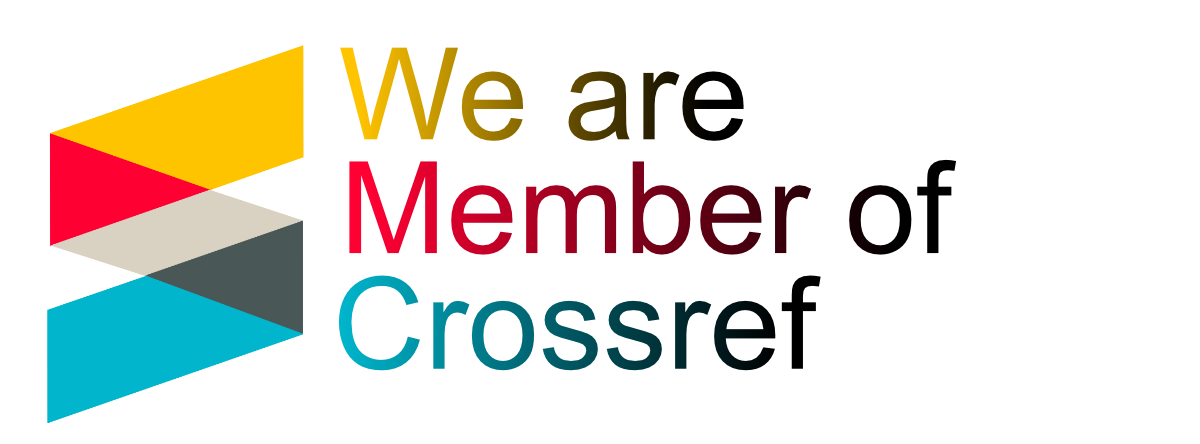The Relationship of Higher Education to the Requirements of Development in Libya
DOI:
https://doi.org/10.54172/9m0hg837Keywords:
Human capital, Higher education, Labor force, Developmental needs, Economic and social developmentAbstract
The development of modern nations depends on the growth of their human resources. While financial capital and natural resources are essential for economic growth, human capital is of utmost importance. Individuals are responsible for managing and utilizing natural resources effectively. Thus, education plays a vital role in building a productive workforce. This study focuses on the ability of higher education in Benghazi region to meet the developmental needs of society. It analyzes the relationship between the labor force in Benghazi's market and the contributions of higher education institutions in preparing a capable workforce. Achieving alignment between economic and social development and higher education requires a comprehensive plan that considers the needs of the labor force and ensures social justice in admissions. Enhancing internal efficiency by eliminating waste and improving external efficiency through curriculum development are crucial. The study highlights the importance of the relationship between higher education and the labor force, as it builds human capital. The educational plan should not only focus on preparing competencies for the labor market but also consider education as a fundamental right. Striking a balance between individual needs and societal requirements ensures personal growth and societal welfare.
Published
Issue
Section
License

This work is licensed under a Creative Commons Attribution-NonCommercial 4.0 International License.
Copyright of the articles Published by Almukhtar Journal of Social Science (MJSSc) is retained by the author(s), who grant MJSc a license to publish the article. Authors also grant any third party the right to use the article freely as long as its integrity is maintained and its original authors and cite MJSSc as the original publisher. Also, they accept the article remains published by the MJSSc website (except in the occasion of a retraction of the article).













